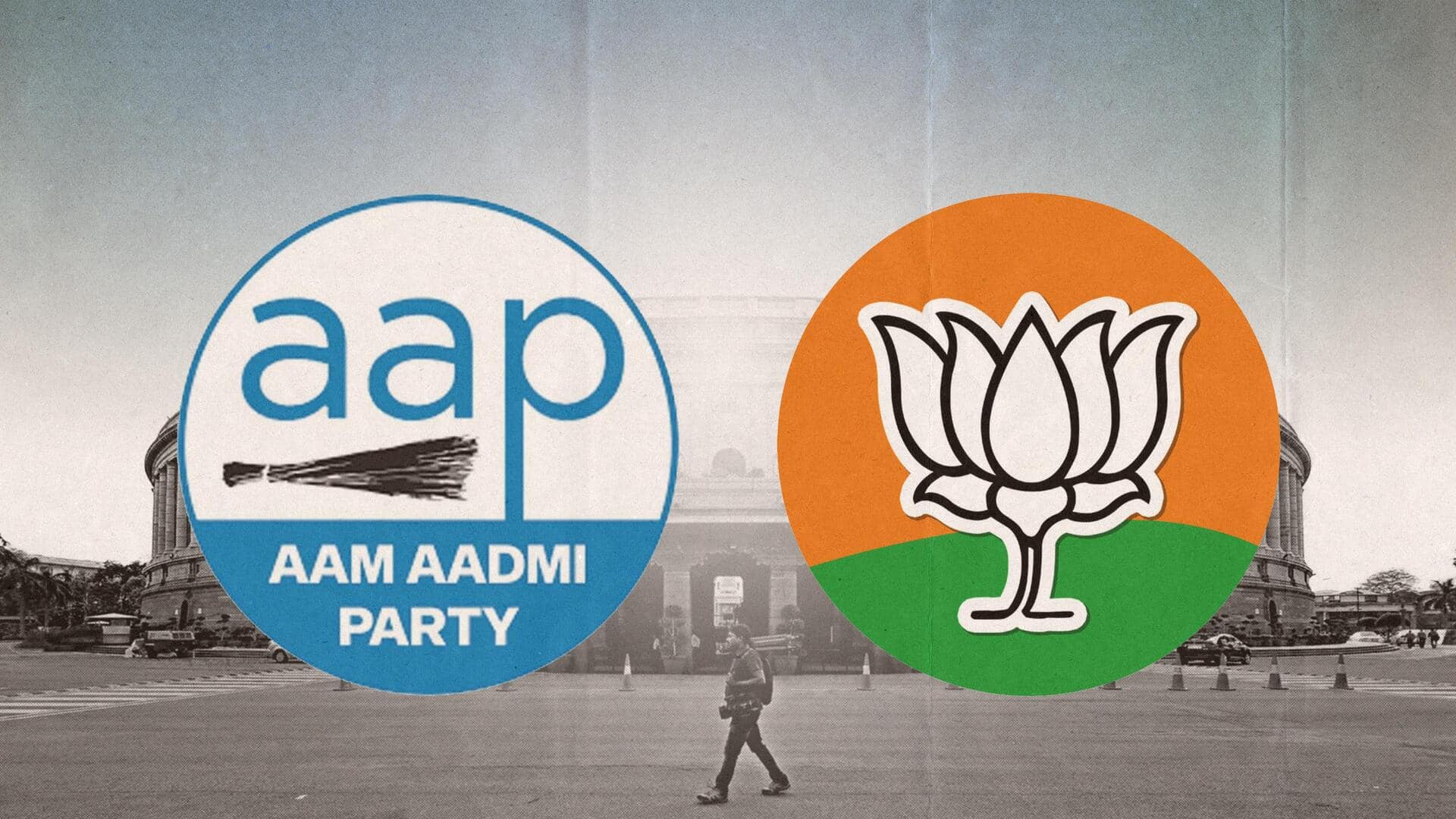
How Delhi services bill will change governance
What's the story
The Government of National Capital Territory of Delhi (Amendment) Bill, 2023, is on its way to President Droupadi Murmu to be turned into law after being approved by both Houses of Parliament. In a major blow to the Aam Aadmi Party (AAP)-led Delhi government, the Rajya Sabha cleared the bill with 131 MPs voting in its favor and 102 MPs against it on Monday.
Context
Why does this story matter?
Notably, the bill was passed in the Lok Sabha last week. The AAP has accused the ruling Bharatiya Janata Party (BJP) of "backstabbing" the people of Delhi by usurping the Delhi government's power to control its bureaucracy in an unconstitutional manner. The BJP has dismissed the allegations, saying that Delhi is a union territory and the Parliament has the right to frame its laws.
Background
SC ruled in Delhi government's favor
Ever since coming to power, the AAP has been engaged in a tug-of-war with the lieutenant governor (L-G), appointed by the Centre, regarding the Delhi government's power-sharing arrangement. The AAP moved the Supreme Court in May. After an eight-year-long legal battle, the court restated the Delhi government's authority over administrative services. Following the defeat, the Centre introduced an ordinance to allegedly bypass the verdict.
Verdict
What SC verdict said
The SC ruled, "Legislative and executive power over services such as IAS or joint cadre services, which are relevant for...implementation for the policies and the vision of NCTD (National Capital Territory of Delhi) in terms of day to day administration of the region, shall lie with the NCTD." It, however, stated that public order, police, and land were beyond the Delhi legislature's purview.
NCCSA
What's in bill
The bill—replacing the ordinance—empowers the Centre to establish the National Capital Civil Services Authority (NCCSA) to control transfers/suspensions of officials. The chief minister will be the body's chairperson, the principal home secretary a member secretary, and the chief secretary a member. However, the final arbiter will be the L-G, who, along with the chief secretary and principal secretary, is appointed by the Centre.
Changes
Ordinance's Section 3A removed from bill
It is worth noting that the bill contains three substantial changes. Earlier, the ordinance's Section 3A prevented the Delhi Assembly from making laws regarding State Public Services and State Public Service Commission under Entry 41 of List II of the 7th Schedule of the Constitution. This was removed from the bill. It now focuses on Article 239AA, paving the way for the NCCSA's formation.
Other changes
What other changes have been made
The bill also states that the NCCSA won't be required to submit an annual report to Parliament and the Delhi Assembly. Section 45D of the ordinance, which empowers the Centre to appoint statutory commissions and tribunals in Delhi, has also been modified. The modification allows the L-G to appoint statutory commissions and tribunals in Delhi—a power which earlier lay only with the President.
Implication
Bill reduces Delhi government to municipality: Chidambaram
Commenting on the bill, Congress leader P Chidambaram said it would "reduce the Delhi government to a municipality," while the Centre claimed it would ensure corruption-free governance. The bill skews the power balance by giving the L-G greater authority over the bureaucracy while limiting the powers of the Delhi government. It could also intensify the ongoing tussle between the L-G and the Delhi government.